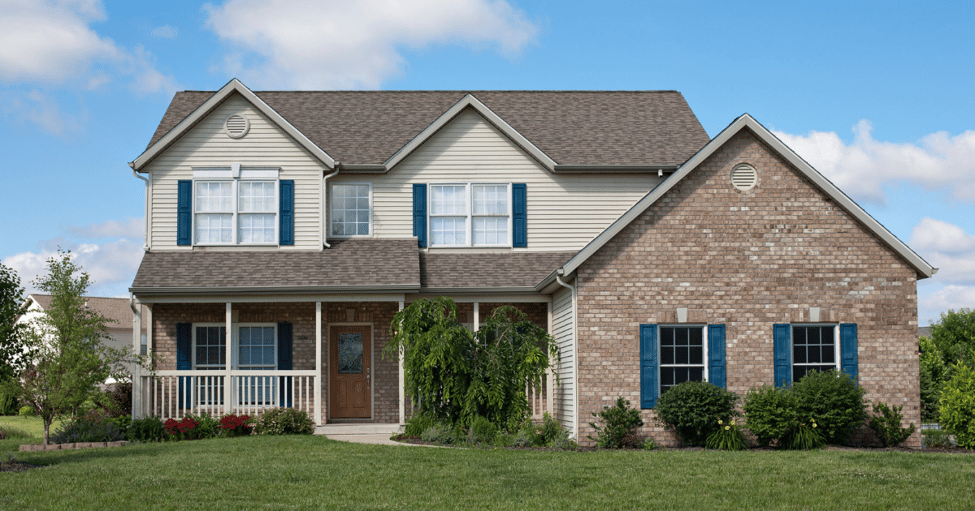Embarking on the journey to homeownership in Oshawa comes with the exciting decision of choosing between a renovation project and a new build. Each option has its own set of advantages and considerations, making it crucial for prospective homeowners to weigh their priorities. In this blog post, we'll explore the factors to consider when deciding between a renovation and a new build to help you make an informed choice for your ideal home in Oshawa.
Budget Considerations:
Renovation: While renovations can offer a cost-effective way to enhance an existing property, it's important to carefully budget for unforeseen expenses that may arise during the process.
New Build: New builds often come with a more predictable cost structure, as you're starting with a clean slate. However, customization and premium features can impact the overall cost.
Timeline for Occupancy:
Renovation: The timeline for a renovation project can vary based on the scope of work. Renovations may take more time, especially if there are unexpected issues or if the project is extensive.
New Build: New builds generally have a more predictable timeline, and once construction is complete, you can move in without the need for additional work.
Design and Customization:
Renovation: Renovating an existing property allows for a certain level of customization, but it may be constrained by the existing layout and structure.
New Build: Building a new home provides the opportunity for extensive customization. You can work with architects and builders to design a home that aligns perfectly with your vision and lifestyle.
Existing Neighborhood vs. New Development:
Renovation: Renovating an existing property allows you to become part of an established neighborhood with mature trees, amenities, and an existing sense of community.
New Build: Opting for a new build means being part of a developing neighborhood. While it may lack the history of established areas, it offers the excitement of growth and potential future amenities.
Energy Efficiency and Modern Features:
Renovation: Updating an existing property allows you to incorporate energy-efficient features, but achieving the same level of modernity as a new build may require more extensive work.
New Build: New builds often come equipped with the latest energy-efficient technologies and modern features, contributing to long-term sustainability and reduced utility costs.
Resale Value:
Renovation: A well-executed renovation that enhances the functionality and aesthetics of a property can positively impact its resale value.
New Build: New builds can also hold their value well, especially if they are in high-demand areas or come with sought-after features.
Historical Charm vs. Modern Aesthetics:
Renovation: Renovating an older home can preserve its historical charm and character, providing a unique living experience.
New Build: Opting for a new build allows you to embrace modern aesthetics and design trends, offering a fresh and contemporary living space.
Potential for Unforeseen Issues:
Renovation: Existing properties may come with hidden issues that only become apparent during the renovation process, potentially leading to unexpected costs.
New Build: While new builds are generally constructed with modern materials and methods, there can still be unforeseen issues. However, builders often provide warranties to address such issues.
Deciding between a renovation and a new building in Oshawa requires careful consideration of your priorities, budget, and lifestyle. Whether you are drawn to the charm of an existing home or the allure of a custom-built new property, understanding the pros and cons of each option will guide you toward making the right choice for your dream home in Oshawa.

Colleen Steffl
Colleen started her sales career with an International News Agency in Europe selling Advertising. She has continued to rise early, dig deep, and built a solid sales career with 15 years dedicated to real estate sales. She has worked in all areas of real estate sales: buyers, sellers, investors, commercial, land development, and new construction.

